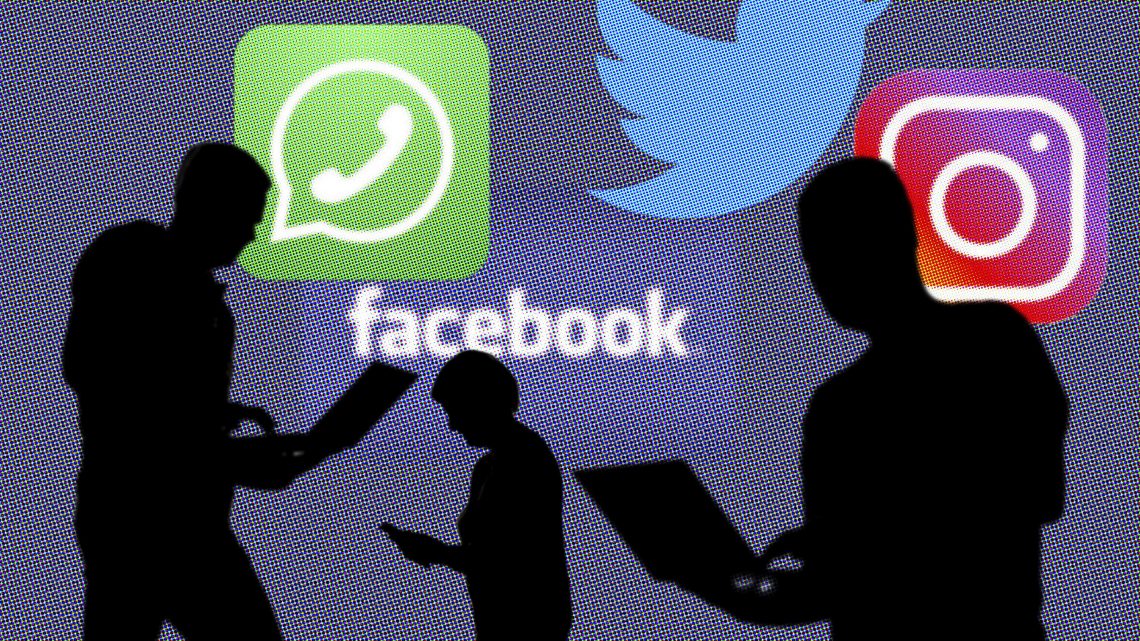
Facebook and Twitter Aren’t Even Pretending to Take the FEC Seriously Anymore
September 17, 2019WASHINGTON — Lest one needed another example that Big Tech isn't afraid of government regulators, Facebook and Twitter provided more proof Tuesday.
Representatives for both companies all but ghosted an FEC-hosted discussion about what the platforms are doing to ensure misinformation and foreign interference in 2020 don’t make for a repeat of 2016.
Well, sort of. They were at Tuesday’s meeting, but in the audience rather than on panels, leaving attendees wondering where, exactly, they were.
“I think they may be in the room. Are they in the room?” said Suzanne Nossel, CEO of the nonprofit PEN America, which helped organize the event.
A few audience members scattered around the crowded 12th floor meeting room raised their hands. “We had hoped they may take part in the panel,” Nossel added.
The showing comes at a particularly delicate time for the FEC, which saw a third commissioner resign from its six-member board last month, leaving it unable to vote on new rules or open investigations. It means regulators will be relying heavily on tech platforms like Twitter and Facebook in 2020, and FEC Chairwoman Ellen Weintraub called Tuesday’s meeting to sound the alarm.
Facebook and Twitter officials had originally accepted invitations to speak about their efforts to curb fake news and foreign interference on Tuesday. Their names were listed in press releases alongside other panelists from media organizations, advocacy groups, Google, and Microsoft.
Though reps from those two companies shared prepared remarks and answered a few mild questions from the audience, Facebook and Twitter pulled out beforehand, according to a person with knowledge of the event planning. Their chosen ambassadors instead sat quietly in a crowd of journalists, advocates, and academics.
Twitter Policy Manager Kevin Kane awkwardly fielded a few questions from the audience when Nossel identified him near the end of the event. Facebook’s public policy lead for global elections, Katie Harbath, who was seated near the back of the room, avoided them entirely, departing the meeting soon after it finished.
It was a symbolic snub at an event meant to foster collaboration between the public and private sectors, mimicking the broader dynamics between social media companies and regulators. Facebook and Twitter have repeatedly claimed that they’ve shored up their election-security measures in the wake of 2016. But there are few ways to check their progress, let alone hold them accountable.
“The things they have agreed to do have been so insufficient that really what’s required is some new laws,” Ann Ravel, a former FEC commissioner, said in an interview before the event. “The problem for them is how to balance their business plan with doing the right thing.”
The absences Tuesday were particularly ironic given that Sen. Mark Warner, D-Va., had implored Silicon Valley giants to be more transparent in his keynote remarks kicking off the session.
“We are one significant event away from — potentially — Congress overreacting, because the next event could be dramatic,” Warner said.
When asked during the impromptu Q&A why Twitter didn’t participate in Tuesday’s event an official capacity, Kane said he wanted to be an “audience participant.”
“I want to hear and learn from the experts in the field and get their thoughts and comments so we can go back and continue to work to improve what we’re doing for 2020,” Kane said, listing off a number of reports and congressional testimonies Twitter has provided. “So we are out there. We’re doing a lot of work. Really, I want to learn.”
Cover: Facebook, whatsApp, Twitter, instagram, social networks, people silhouettes on laptop and smartphone, iPad in front of logos, logo. | usage worldwide Photo by: FrankHoermann/SVEN SIMON/picture-alliance/dpa/AP Images


